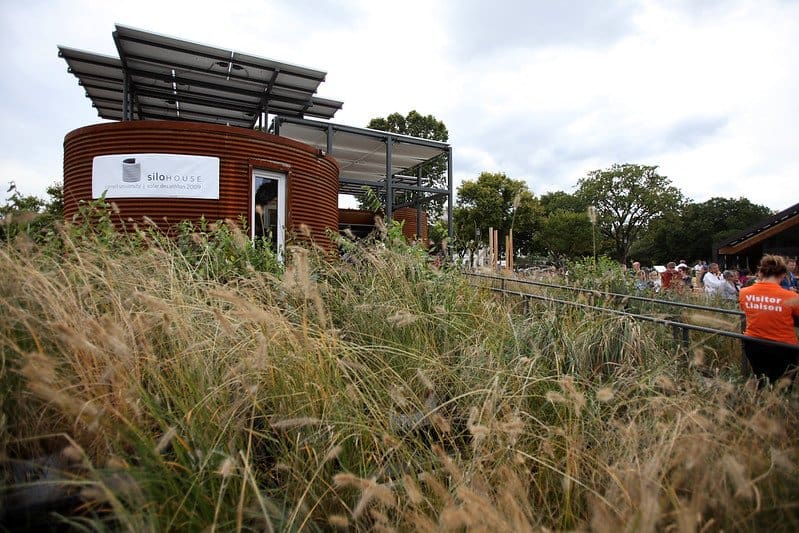Breaking bread
A program to break down barriers between natives and newcomers in the Czech Republic has brought together some 1,676 families.
Started in 2004 by a film producer who fled to the Czech Republic from war-torn Sarajevo, Next Door Family brings together immigrants and Czech natives for casual conversation over a leisurely meal. In its first year, 200 families participated, half of them Czech and half of them foreign. To ensure compatibility, participants are matched based on traits like age, language and hobbies. A migrant “assistant” shares in the meal and facilitates the conversation.
The fact that so many of the participants continue to stay in touch afterward speaks to the program’s success. According to a study, 65 percent of the participants meet up at least once later on, and some 47 percent are still in touch over a decade later. As word of the effort has spread, the organizers have received requests from around the world asking them to bring the model to other countries. It has since been implemented in Belgium, Slovakia, Malta, Hungary, Italy and Spain, to name a few. And they recently heard from a family in Texas who wants to use it to bring Americans and Mexicans closer together.
Any special skills?
Of course, it’s not just in the Czech Republic where immigrants can have trouble gaining a foothold. The example of the taxi driver who used to be a surgeon is often used to illustrate the difficult task of transferring foreign credentials to the U.S. Tulsa is pursuing a fix for this problem with a program called Flourish Tulsa, which creates career pathways for internationally trained immigrants and refugees.
Weighed down by negative news?
Our smart, bright, weekly newsletter is the uplift you’ve been looking for.There are approximately two million college-educated immigrants in the U.S. working in low-skill jobs. Flourish Tulsa helps these folks put their foreign certifications to use in the American workforce. If a direct transfer of their credentials isn’t possible, Flourish Tulsa can help them reapply their skills in fields like education, engineering or mental health — professions that the initiative says many immigrants are qualified for. “We are trying to reduce the number of years it takes individuals to build a career in the U.S., as well as the trial and error that costs them time, effort, and financial resources,” said one organizer.
Keep on greenin’ on
We recently told you about 112 good things that happened in 2020. This week, Grist is offering six more. For instance: 2020 was the year that major universities like Georgetown, Brown, Oxford and Cornell divested from fossil fuels. New York State’s $266 billion pension fund laid out a solid plan to do the same.

Meanwhile, green energy continued its upward surge, with renewable power generation outpacing coal on many days of the year. In the U.S. alone, wind power alone has doubled in capacity since four years ago. And across the world, cities, countries, companies and utilities made commitments to achieving carbon neutrality over the next several decades — promises that Grist has vowed to follow up on to make sure they’re sticking to them.










